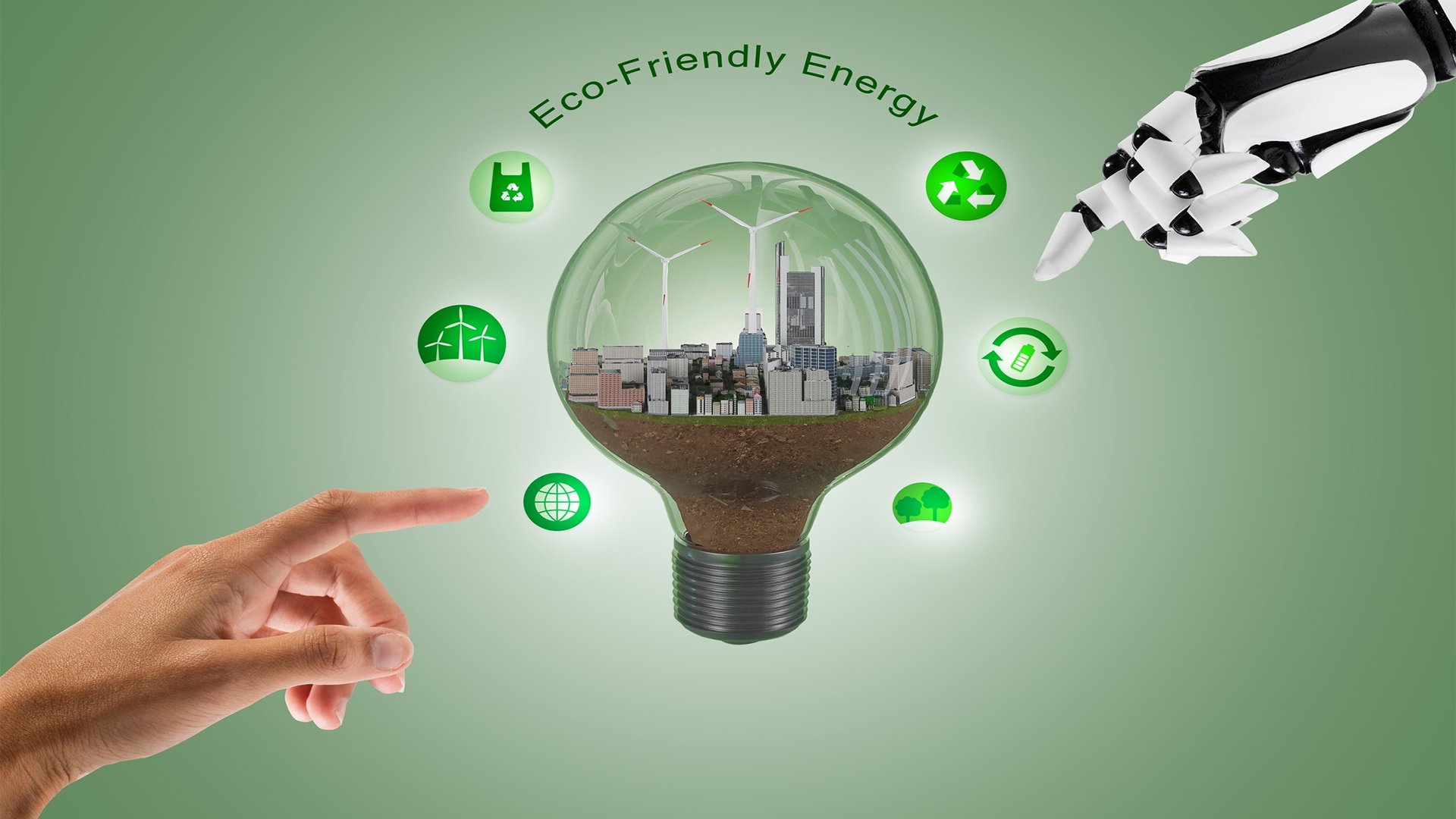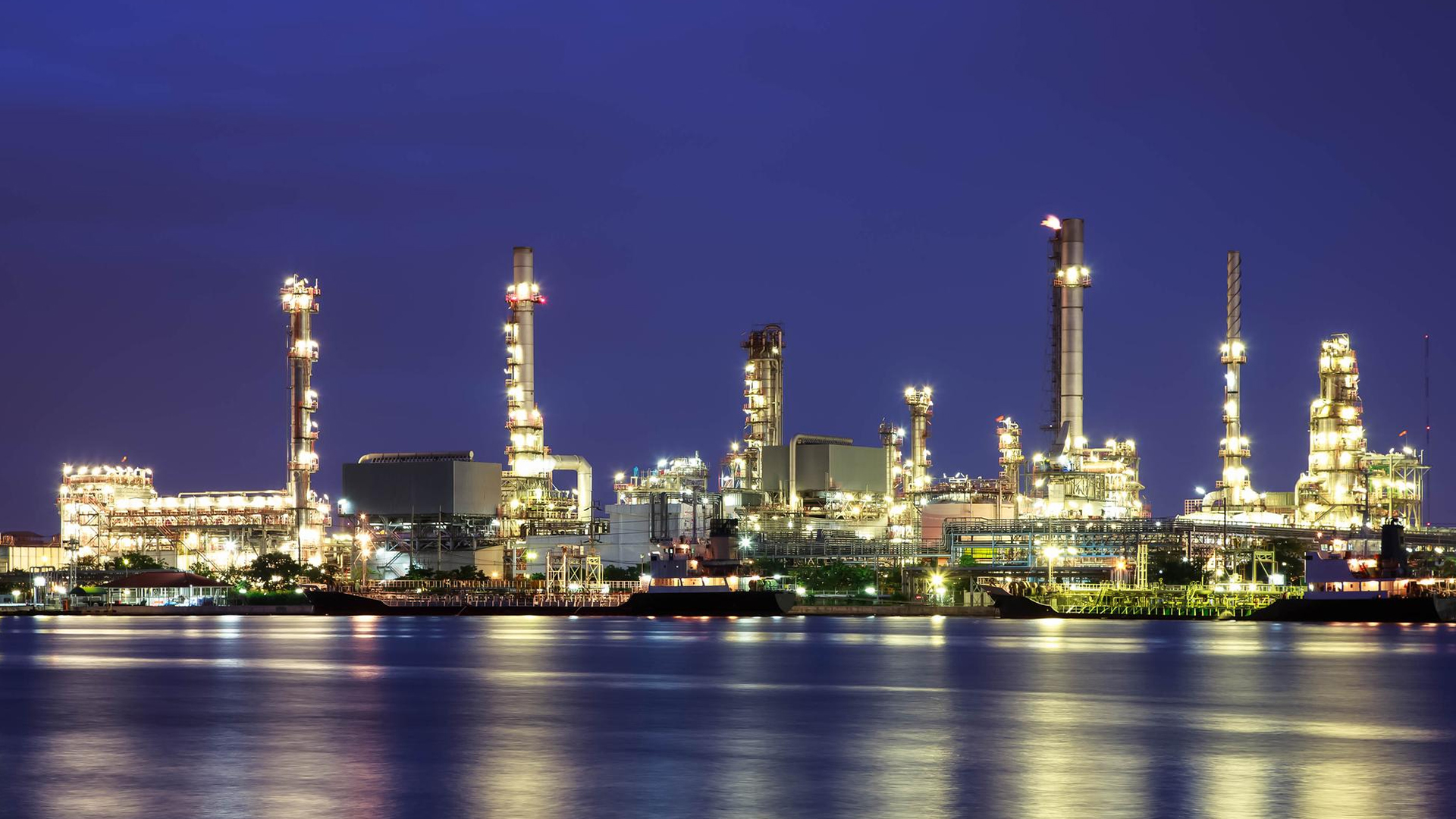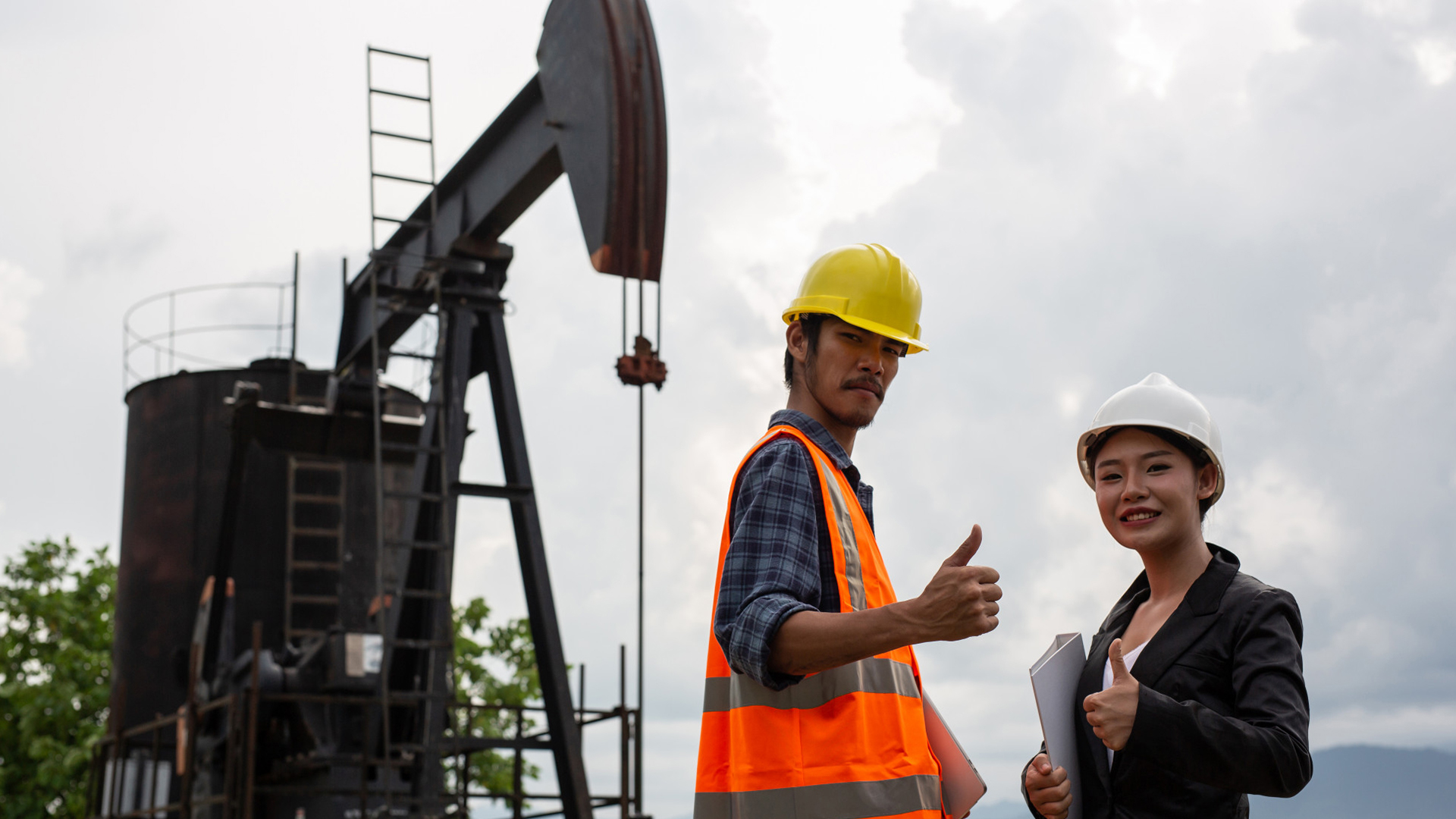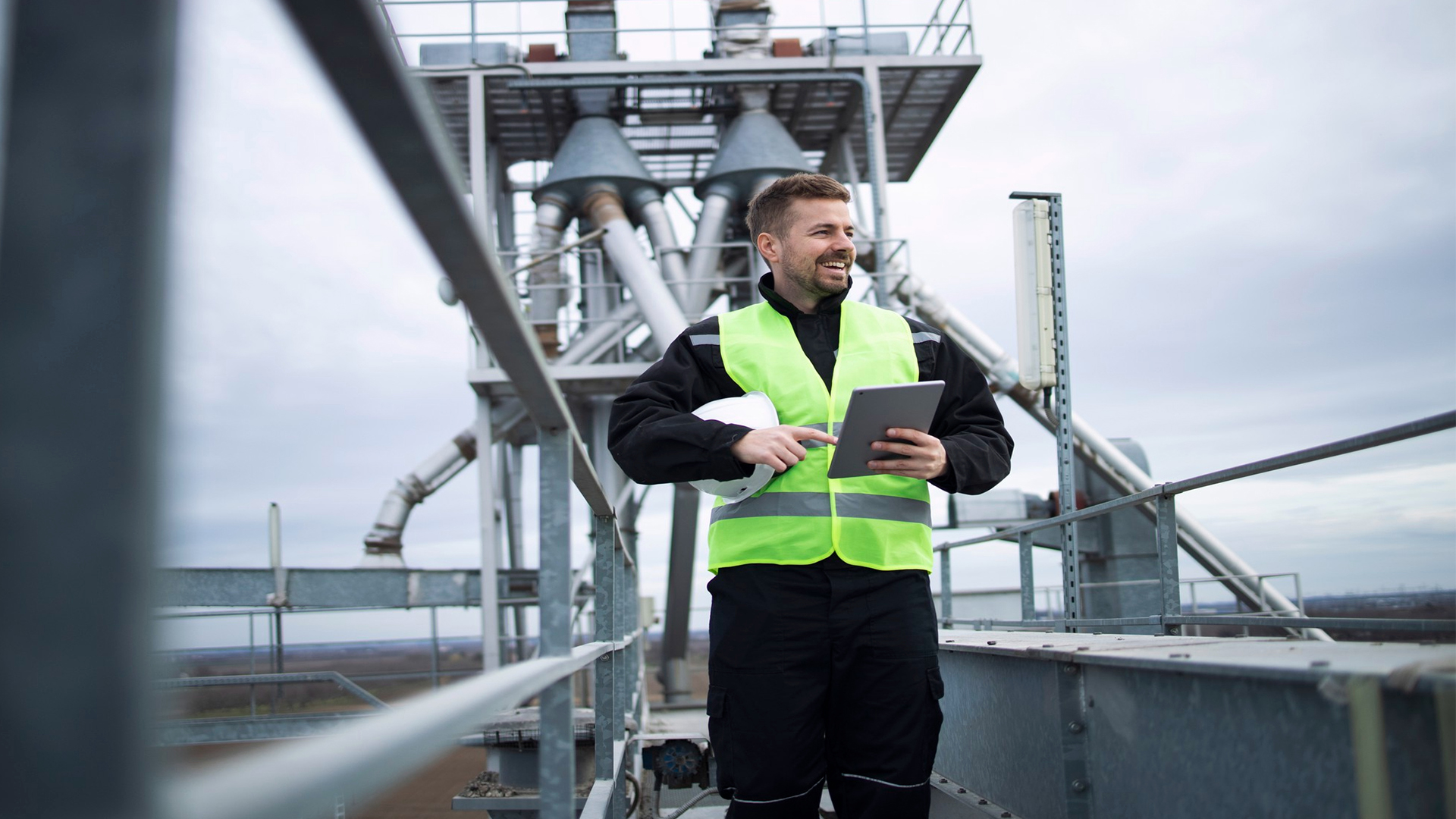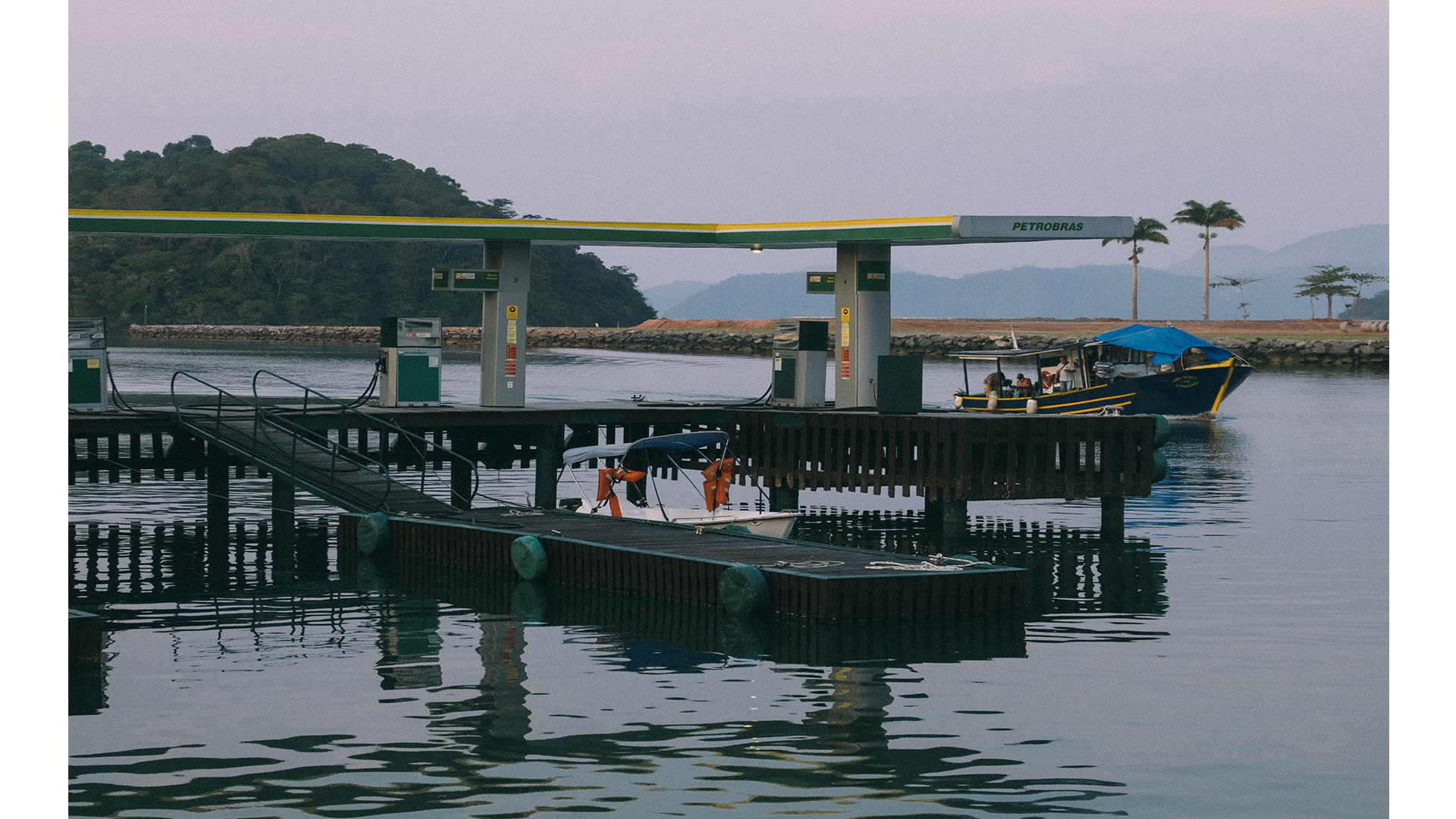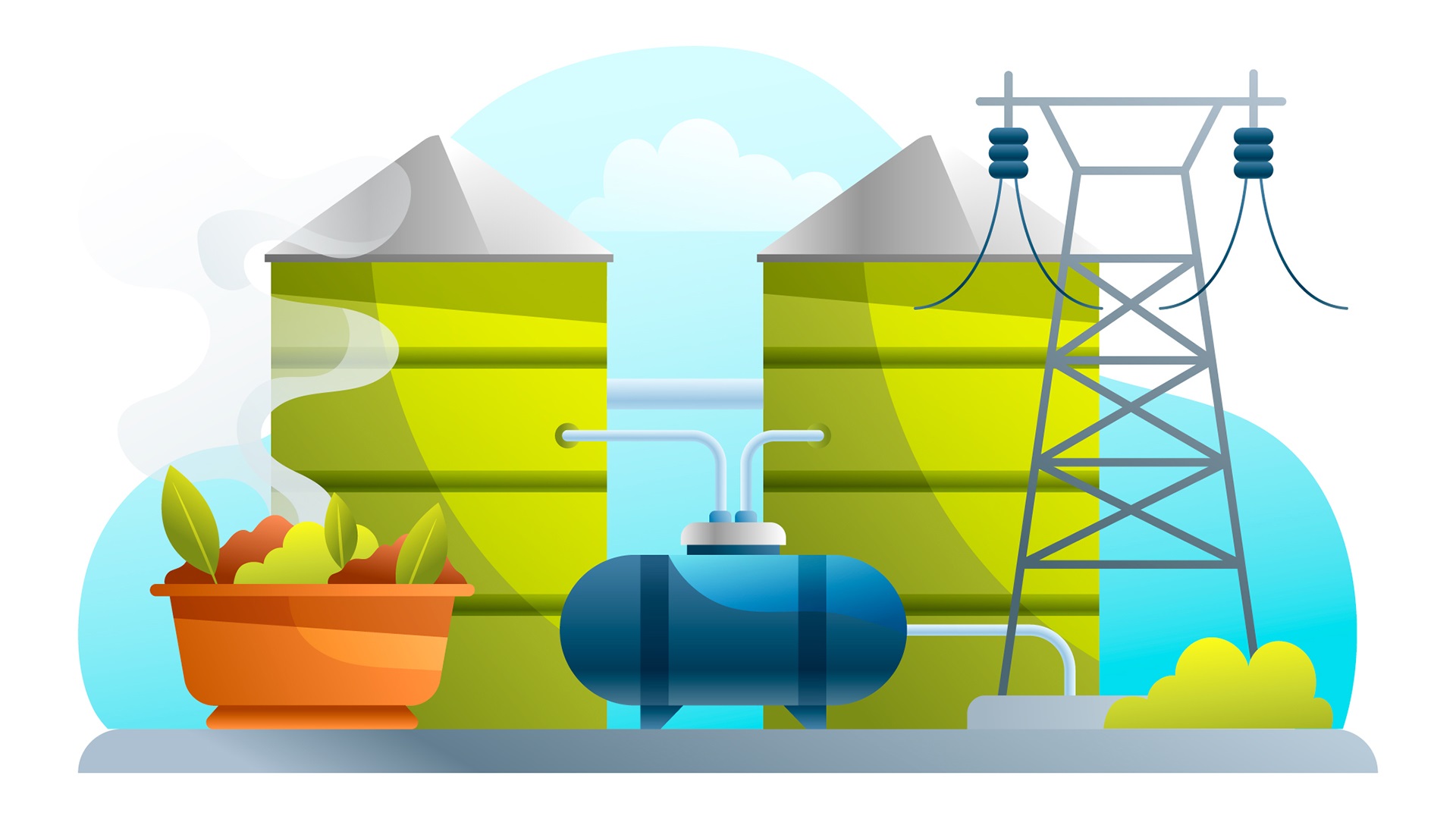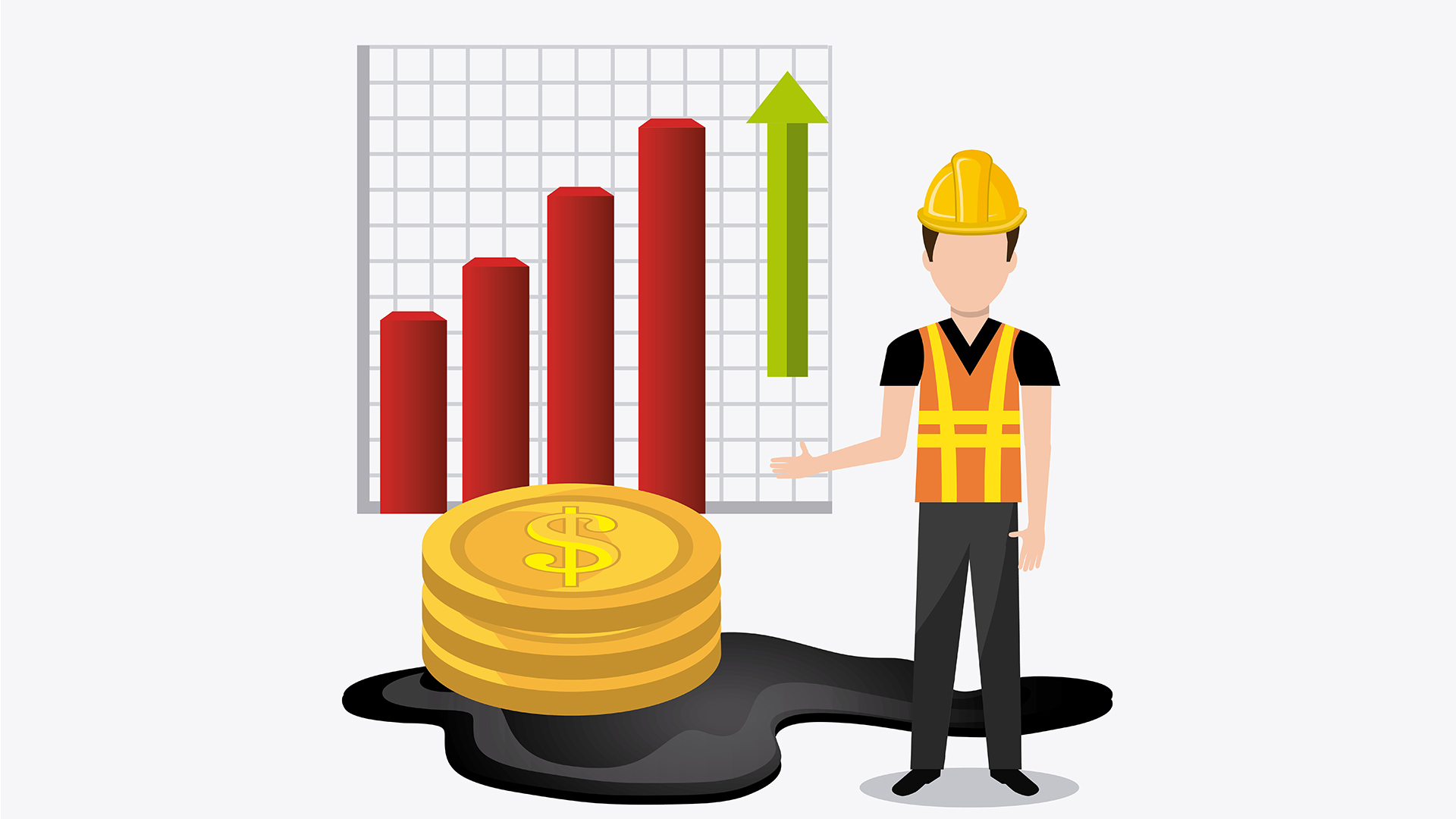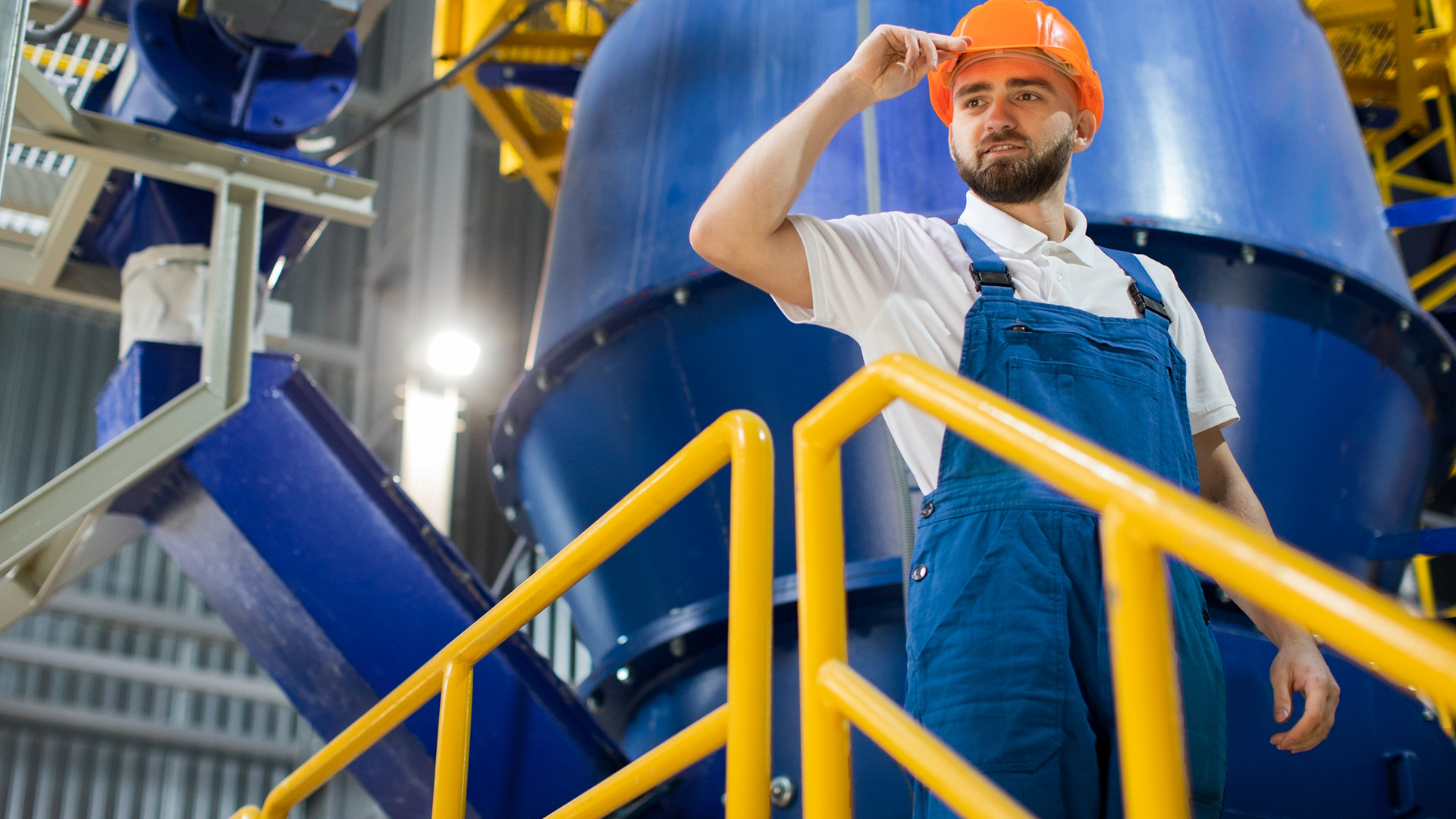
Unlock Your Offshore Oil And Gas Engineering Certification Potential
Course overview
The main activity related to offshore oil and gas is offshore drilling, which is the mechanical process of boring a well beneath the ocean floor. Drilling is done to look for potential locations to recover petroleum that has become lodged in submerged rock formations.
Numerous safety measures must be implemented to guarantee that there are no adverse effects on the environment, as offshore activities frequently pose environmental issues.
The material utilized for the installations and associated equipment should be able to endure these environmental obstacles over extended periods of time because the installations are subjected to harsher surroundings.
Seismic surveying, production, depressurization, separation, and other operations are included in offshore oil and gas facilities.
With the help of this Training Bee’s Offshore Oil and Gas Certification training course, you will gain comprehensive knowledge of offshore oil and gas operations. With the help of this course, you will be able to perform any task associated with offshore oil and gas activities.
Additionally, this offshore oil and gas certification training course will teach you the competence and self-assurance you need to manage emergencies effectively, saving your company money.
Introduction
Welcome to the Offshore Oil and Gas Engineering Training Program. This extensive course is intended to give you the information and abilities you need to succeed in the exciting and demanding offshore energy production industry.
A vital component of the global energy business, offshore oil and gas engineering is in charge of removing priceless hydrocarbon resources from the ocean floor. Offshore operations are becoming more and more necessary to meet the increasing energy demands of the world. This course has been carefully designed to provide you a thorough grasp of the subtleties and difficulties involved with offshore engineering.
Participants will participate in a combination of case studies, interactive discussions, lectures, and practical exercises taught by professionals in the field during this program. The offshore energy business has been molded by real-world initiatives, and you will have the chance to network with other professionals in the field.
Participants will have a thorough understanding of offshore oil and gas engineering by the end of the program, and you’ll be ready to put your newfound knowledge to use by improving project performance, making wise decisions, and helping to develop offshore resources in an ethical and sustainable manner.
We are The Training Bee, a global training and education firm providing services in many countries. We are specialized in capacity building and talent development solutions for individuals and organizations, with our highly customized programs and training sessions.
We can’t wait to start this educational adventure with you and welcome your questions, contributions, and active participation, which will enhance everyone’s learning. Greetings from the Offshore Oil and Gas Engineering Training Program, where the future of energy production will meet your expertise.
Learning Objectives
Upon completing Offshore Oil and Gas Engineering Certification Program, participants will be able to:
- a comprehensive understanding of the oil and gas industry’s end-to-end offshore activities
- the expertise needed to assume duties involving controlling all operations at offshore locations
- the competence and assurance required to instruct other professionals on safety measures and best practices when operating offshore
- the assurance and aptitude to implement cutting-edge technology in order to support leaner operations and boost operational effectiveness
- the assurance and expertise needed to act promptly in emergency situations and avoid losses to the organization
- the knowledge and capacity to guarantee routine maintenance inspections in compliance with the specifications needed for offshore operations
Our Unique Training Methodology
This interactive course comprises the following training methods:
- Journaling – This consists of setting a timer and letting your thoughts flow, unedited and unscripted recording events, ideas, and thoughts over a while, related to the topic.
- Social learning – Information and expertise exchanged amongst peers via computer-based technologies and interactive conversations including Blogging, instant messaging, and forums for debate in groups.
- Project-based learning
- Mind mapping and brainstorming – A session will be carried out between participants to uncover unique ideas, thoughts, and opinions having a quality discussion.
- Interactive sessions – The course will use informative lectures to introduce key concepts and theories related to the topic.
- Presentations – Participants will be presented with multimedia tools such as videos and graphics to enhance learning. These will be delivered engagingly and interactively.
Training Medium
This Offshore Oil and Gas Engineering Certification Program training is designed in a way that it can be delivered face-to-face and virtually.
Course Duration
This training is versatile in its delivery. The training can be delivered as a full-fledged 40-hour training program or a 15- hours crash course covering 5 hours of content each day over 3 days
Pre-course Assessment
Before you enroll in this course all we wanted to know is your exact mindset and your way of thinking.
For that, we have designed this questionnaire attached below.
- What is the main goal of oil and gas engineering for offshore applications, and how is it different from onshore operations?
- Describe the primary parts and purposes of an offshore platform for the production of gas and oil.
- What are the most important safety factors for offshore activities, and how can the risks associated with them be reduced?
- Describe how reservoir engineering helps offshore fields produce hydrocarbons as efficiently as possible.
- How may sustainability and environmental laws relate to offshore oil and gas engineering, and what management strategies are there for them?
- Describe the general steps involved in offshore drilling operations, including the different kinds of drilling rigs and how they are used.
Course Modules
This Offshore Oil and Gas Engineering Certification Program covers the following topics for understanding the essentials of the Agile Workplace:
Module 1 – Key Components of Production Systems Offshore
- Wells (platform/subsea) Well platforms/rigs for well servicing
- Submerged feeder pipelines
- processing environments
- Petroleum and gas export pipelines
- Tankers for the removal of oil
Module 2 – Different Offshore Activity Types
- Seismic mapping Investigation
- Drilling production wells
- Producing Gas and Oil
- Separation and depressurization
- Moving
Module 3 – Alternative Drilling Techniques
- Fish hook
- Lateral
- Upside down
- Fracking
Module 4 – Different Offshore Platform Types
- Stationed platform
- Conforming tower
- Jack-up interface
- Concrete foundation for gravity
- Tension-leg staging area
- Vessel that is semi-submersible
- System of floating production
Module 5 – Offshore Platform Amenities
- Headline platform
- Work platform
- Complicated platform
Module 6 – Offshore detection system components
- Detection of gas
- Removable plug
- Detection of fire
- Smoke indicator
- Heat sensing
Module 7 – Offshore Suppression Systems’ Components
- Firewater nozzle
- A sprinkler system
- AFFF system with dry chemical CO2 exchanger
Module 8 – The Processing Systems’ Components
- Gas conditioning, treatment, and dehydration
- Compressing and metering gas
- Metering gas
- Desalting, stabilizing, and dehydrating oil
- Pumping and metering of oil
Module 9 – Selection Standards for Surface Structures
- Quantity and kind of wells
- Capacity for production and field life
- Depth of water and state of the seabed
- Close by and on-shore reception areas
- Gas and oil evacuation plan
- Environment, safety, and health philosophy
Post-course Assessment
Participants need to complete an assessment post-course completion so our mentors will get to know their understanding of the course. A mentor will also have interrogative conversations with participants and provide valuable feedback.
- Describe the main elements of an offshore platform used for the production of gas and oil, along with their corresponding roles in the process.
- Talk about the most important safety factors for offshore activities and give instances of the kinds of safety precautions and procedures that are essential to reducing hazards.
- In what ways can reservoir engineering optimize the production of hydrocarbons from offshore fields, and what methods might be applied to optimize recovery?
- Describe the sustainability and environmental implications of offshore oil and gas engineering. Give instances of how business activities can be in line with sustainability objectives and environmental laws.
- Explain the many phases of an offshore oil and gas field’s life cycle, from discovery to decommissioning, and emphasize the crucial tasks at each level.
Lessons Learned
Multidisciplinary Knowledge: Successful offshore oil and gas engineering calls for a multidisciplinary approach that integrates technical know-how, economics, safety, and environmental concerns.
Safety Comes First: When it comes to offshore operations, safety must always come first. It is impossible to compromise on strict safety procedures and a robust safety culture.
Economic Rationality: It’s critical to comprehend the financial implications of offshore ventures. It is essential to have the capacity to compute financial measures, evaluate expenses, and make financially responsible choices.
Environmental Stewardship: It’s critical to acknowledge how offshore operations affect the environment and to adopt sustainable practices. It’s critical to follow environmental laws and reduce damage to ecosystems.
Life Cycle Management: From exploration to decommissioning, offshore projects go through a number of life cycle stages. For long-term success, careful planning and management are necessary at every level.
Regulatory Savvy: Handling the intricate web of permits, rules, and stakeholder engagement requires a high level of proficiency. Adherence to legislative mandates and societal norms is crucial.
Technological Agility: To maximize project performance and maintain competitiveness, embracing cutting-edge technology and keeping abreast of market developments are essential.
Subsea Expertise: An essential component of offshore oil and gas operations is subsea engineering. Knowing subsea technology and applications is essential to being an offshore engineer.
